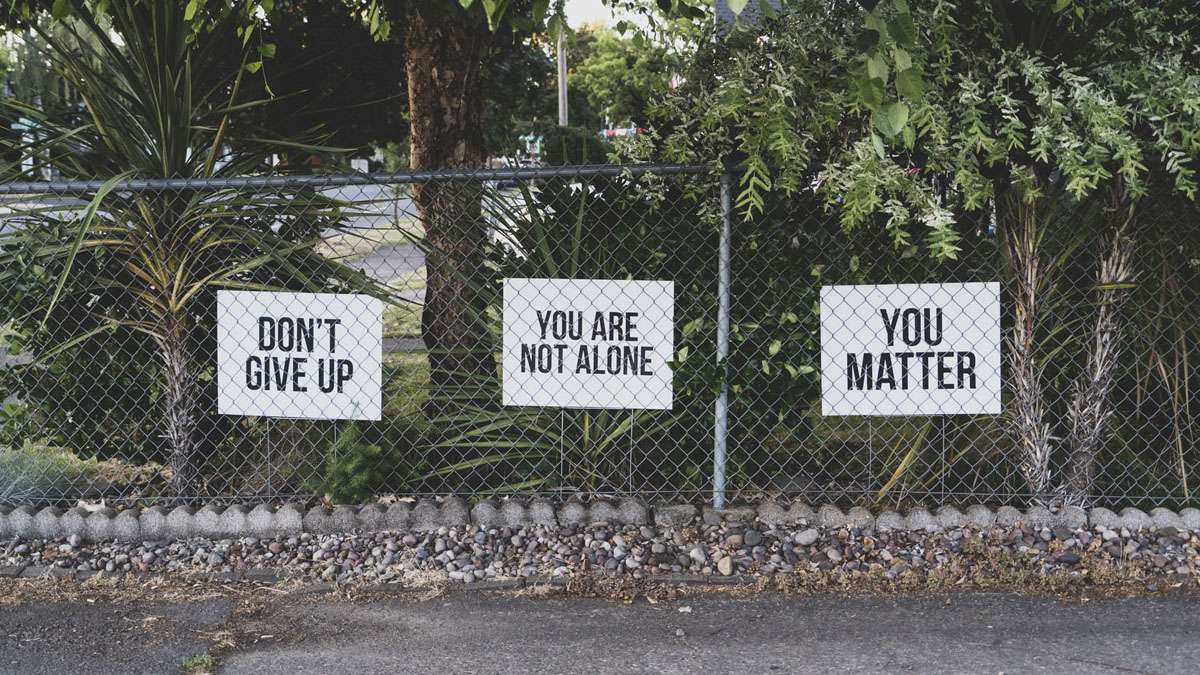
Alcohol & Drug Abuse Assistance Coordinator
About
An addiction counselor's role is to unbiased emotional support for individuals going through a treatment program. Their work primarily consists of conducting one-on-one therapy sessions to get to the root of the addiction, and administering periodic drug tests. Counselors may also develop and maintain delivery of substance abuse prevention, promotion and education services to community groups, schools and businesses.
Industries
Skills
- Compassion
- Diplomacy in Difficult Situations
- Listening Skills
- Neutrality
Sign in or create an account to view more skills for this job.
Connect with an Expert
Explore 2 Related Jobs
Sign in or create an account to view more related jobs.
Content Library: Alcohol & Drug Abuse Assistance Coordinator
To succeed in a cross-cultural business setting, it's important to understand the differences in how people communicate. Language isn't the only barrier. Pace, style, and nonverbal cues all affect how messages are received.
Build your skills in:
About
The Reboot podcast showcases the heart and soul, the wins and losses, the ups and downs of startup leadership
Build your skills in:
About
Discover how people think, how they process information, and what goes on behind the scenes.
Build your skills in:
About
Corporate leaders’ 360-degree feedback indicates that one out of four of them has a listening deficit — the effects of which can paralyze cross-unit collaboration, sink careers and, if it’s the CEO with the deficit, derail the company.
Build your skills in:
About
In our louder and louder world, says sound expert Julian Treasure, "We are losing our listening." In this talk, Treasure shares five ways to re-tune your ears for conscious listening -- to other people and the world around you.
Build your skills in:
About
Studies on listening have show that we spend 60% of our communication time listening and that the average person can only remember 10% of that 3 days later. Discover why most of us find listening so difficult and how we can improve our listening skills.
Build your skills in:
About
Practitioners create a space for the people they are helping, and let them bring the content (rather than a teacher or mentor whose job it is to impart education and information). An impartial stance means being in a place of non-judgement, of holding a space of psychological safety, and maintaining an equal voice to all those taking part.
Build your skills in:
